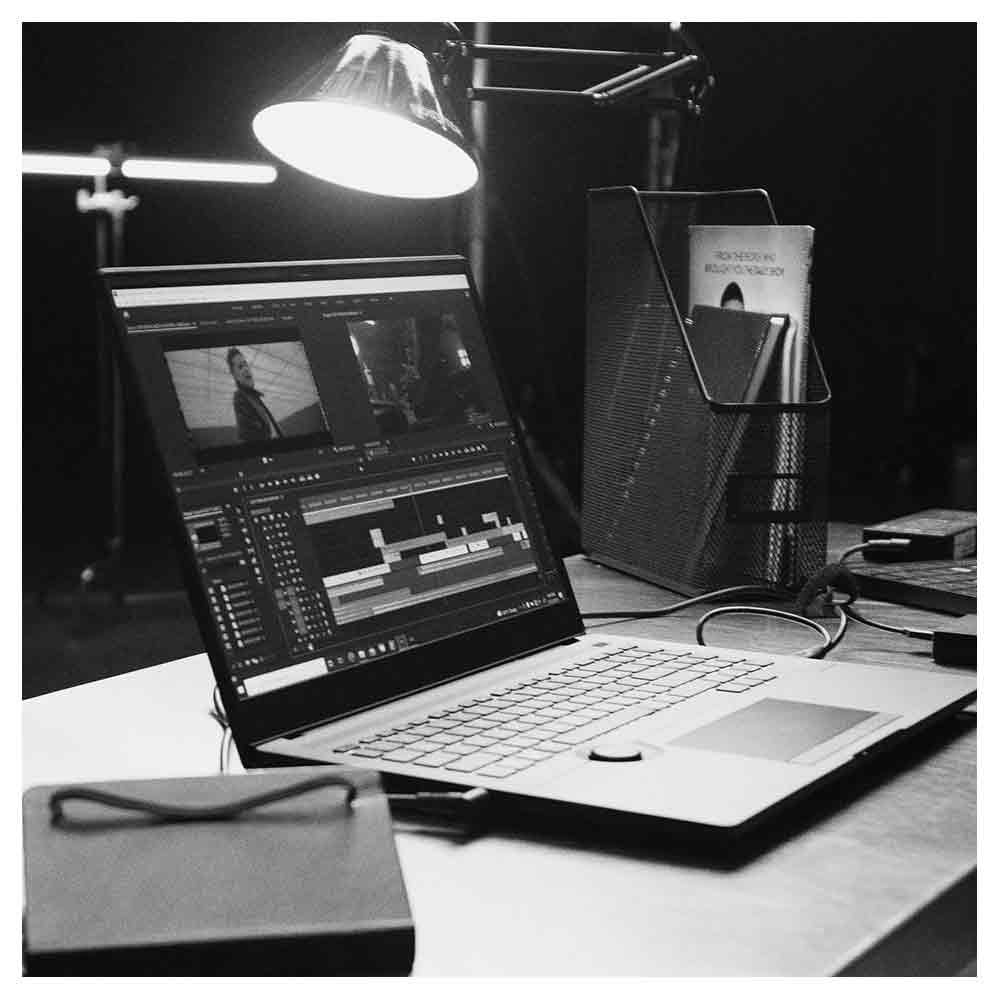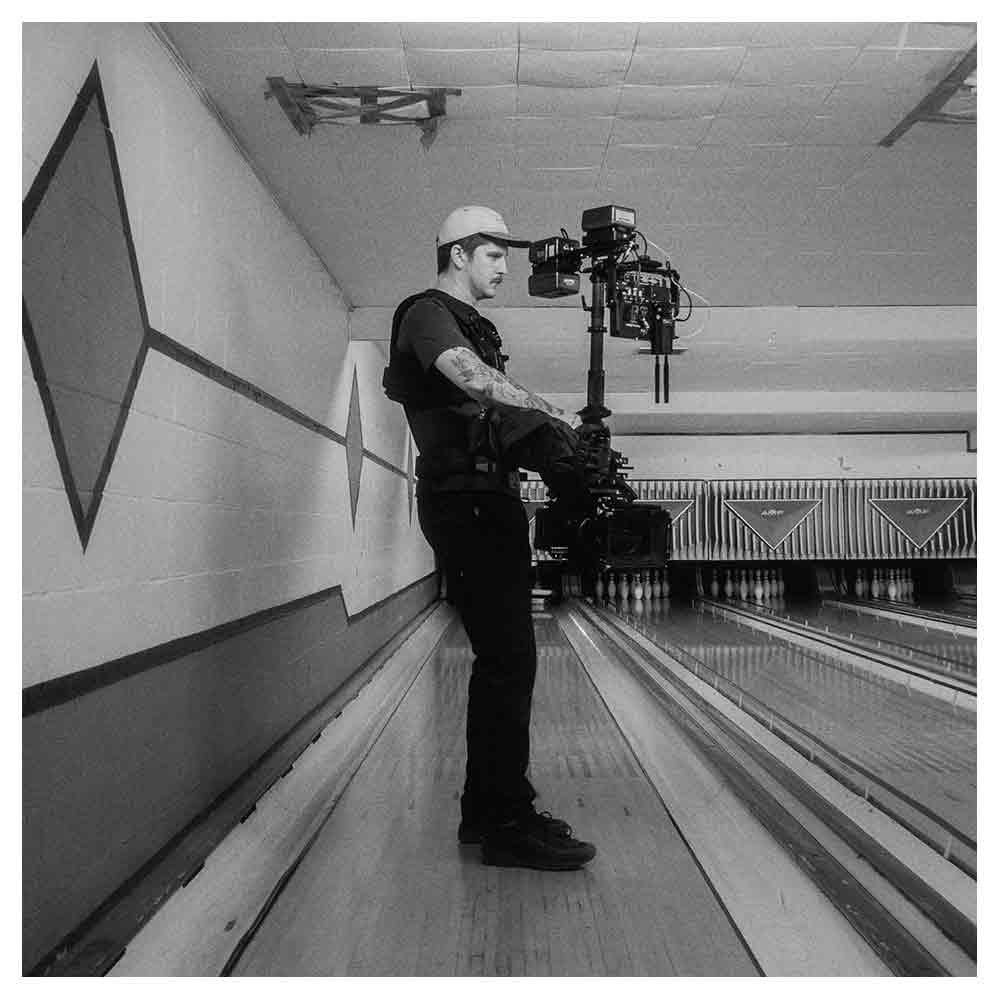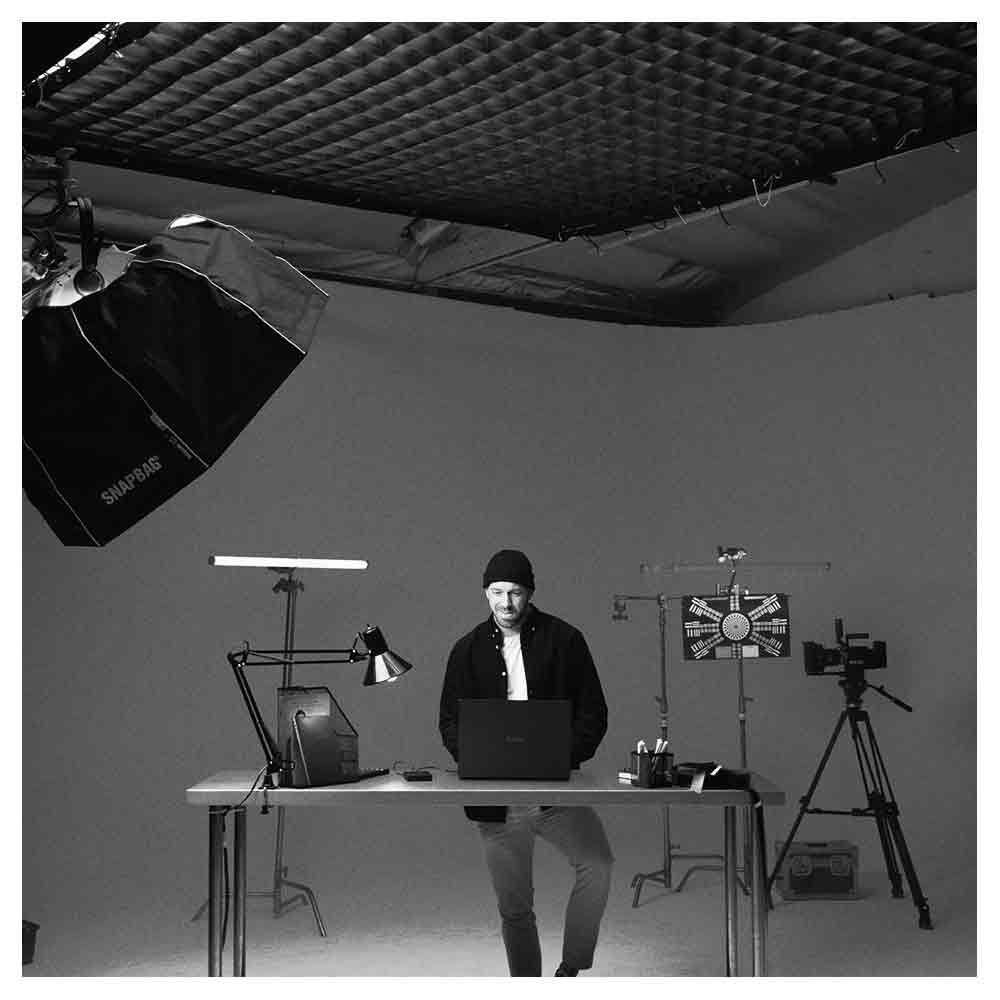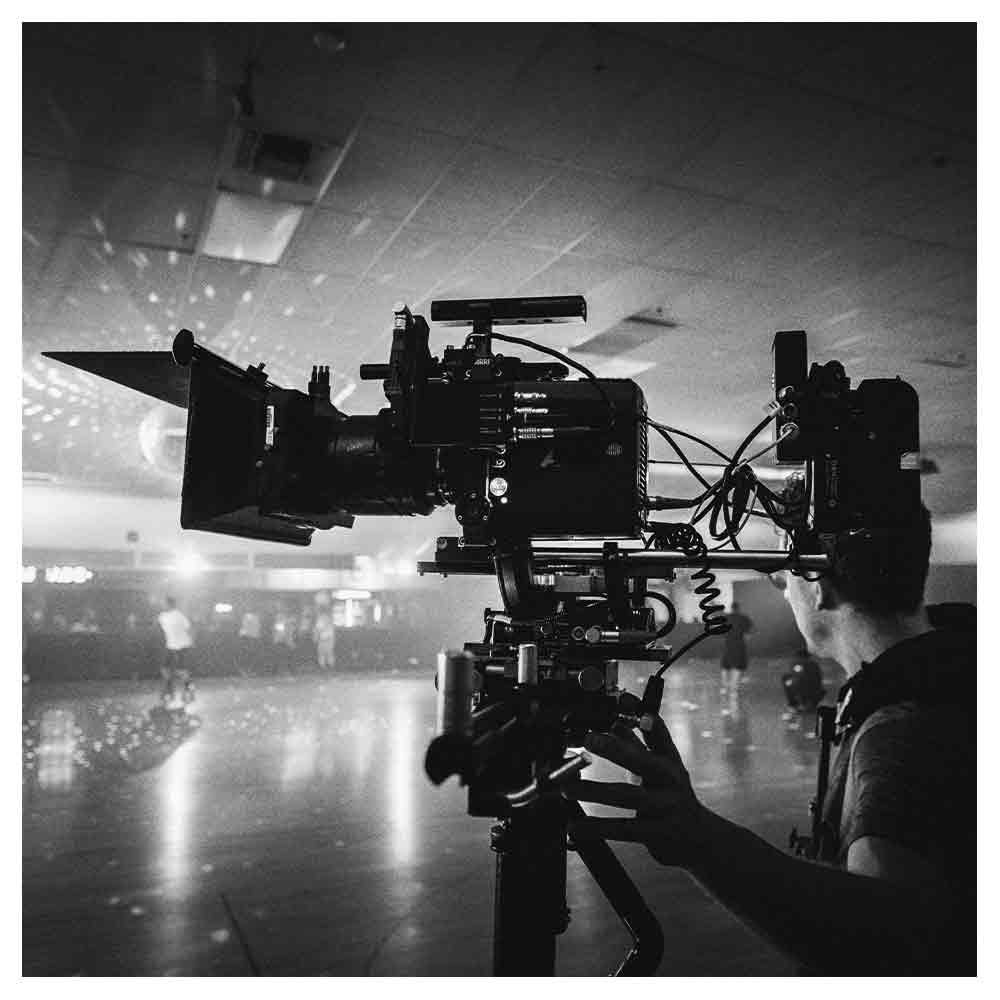How To Come Up With Short Film Ideas?
Creating a short film project is like painting on a small canvas – the space is limited, but the potential for creativity is boundless. If you're grappling with the question, "How to come up with short film ideas?" you're in the right place.
Let's dive into the crazy world of making short films and explore how to spark that creative flame to find original short movie ideas.
Step 1: Finding Your Inspiration
Look to Life Itself
Real-Life Events: Often, the best short film ideas are hidden in the mundanities of daily life. Reflect on your own experiences or those of friends and family. Even a conversation overheard in a coffee shop can ignite a great story idea.
Current Events: Keeping abreast with news and current events can offer a plethora of ideas. Whether it's a human interest piece or a new scientific discovery, the world around you is a goldmine of inspiration.
Watch and Learn
Study Short Films: Spend time watching short films, especially award-winners at major film festivals. Analyze their narrative scope, how they develop characters, and their use of film grammar.
Explore Different Genres: From short horror film ideas to funny short film concepts, exploring various genres can help you understand different storytelling techniques and narrative possibilities.
Step 2: Brainstorming and Developing Ideas
Get Those Creative Juices Flowing
Free Writing: Sometimes, the best way to brainstorm short film ideas is by free writing. Just let your thoughts flow without judgment while trying to come up with a short film sequence.
Collaborate with Friends: Two heads are better than one. Brainstorming with friends or other filmmakers can lead to more ideas and interesting perspectives.
Utilize Tools
Storyboard Software: Visualizing your ideas can be greatly aided by storyboard software. It helps you understand the sequence and flow of your film.
Mad Libs Style Randomizer: For a bit of fun and spontaneity, use a randomizer to come up with unexpected plot points or character quirks.
Step 3: Refining Your Idea
Develop a Clear Concept
Focus on a Single Moment or Incident: Sometimes, a short film can revolve around just one moment or incident. This approach can lead to a clear emotional arc and a powerful story.
Keep it Simple: Remember, you're working with a short format. Develop a story that can be effectively told in a limited time frame.
Create Interesting Characters
Avoid Boring Characters: Your characters should be compelling and multi-dimensional, driving the story forward.
Use Props and Locations Creatively: Limited budget? Use props and locations you have easy access to. This constraint can often lead to more creative storytelling.
Step 4: Writing Your Script
Drafting Your Short Film Script
Start with a Beat Sheet: Outline the main beats of your story. This gives you a roadmap to follow while writing your script.
Develop Your Dialogue and Scenes: Pay attention to dialogue and scene descriptions. They should be concise yet powerful.
Editing and Fine-Tuning
Review and Revise: Don't be afraid to eliminate what's not working. Sometimes, less is more.
Get Feedback: Share your script with trusted peers and consider their suggestions.
Step 5: Making It Happen
Pre-Production Planning
Secure Your Crew and Cast: Assemble a team that shares your vision. This includes finding the right actors to bring your characters to life.
Plan Your Shoot: Careful planning is key, from choosing the right camera to deciding on film locations.
Production and Post-Production
Shoot with Purpose: Every shot should serve your story. Keep your narrative in mind during the entire filming process.
Edit with an Eye for Detail: Good editing can transform a good short film into a great one. Pay attention to pacing, sound design, and visual storytelling.
Conclusion
Coming up with short film ideas is a journey of exploration, experimentation, and a sense of self-expression.
Trust your instincts, embrace your inner creativity within, and don't be afraid to take risks. Remember, every great filmmaker started somewhere; your unique voice is your greatest asset.
Now get inspired, go forth, create a short film, and share your vision and dreams with the world!
Frequently asked questions about short film ideas (FAQs)
How Do I Come Up With Short Film Ideas?
Unleash Creativity: Let your creative juices flow. Think about your life, current events, or even a moment that sparked your interest. Sometimes, the best short film ideas come from the simplest real-life events.
Brainstorming Sessions: Gather with friends or fellow filmmakers and brainstorm. Use tools like a mad libs-style randomizer or storyboard software to help visualize your thoughts.
Watch and Learn: Spend time watching short films, especially those that have won awards at major film festivals. Notice the narrative scope, the clear emotional arc, and how filmmakers create powerful stories with limited dialogue and production.
What Makes a Great Short Film Idea?
Originality: Your story ideas should be unique. Make it your own, whether it's a funny short film idea or a short horror film concept.
Emotional Connection: Ensure your story connects emotionally with your audience. An intense scene, a surprising twist, or a relatable character can make a big difference.
Feasibility: Consider your resources. A great idea for a short film doesn't necessarily require a big budget, just a lot of imagination and clever use of available resources like locations, props, and actors.
Can Real Life Inspire Short Film Ideas?
Absolutely! Real-life events from your own life, personal experiences, or overheard coffee conversations can inspire great script ideas and help you brainstorm movie ideas. Remember, sometimes, the most inspiring and compelling stories are hidden in the mundane aspects of life.
How do you develop a short film script from an idea?
Write Freely: When you want to make a short film, start by freewriting your movie ideas and then molding them into coherent stories.
Focus on Details: Pay attention to dialogue, scene descriptions, and character development.
Storyboarding: Use storyboard software to visualize your movie idea script. This helps in understanding the flow and sequence of your film.
What Are Some Tips for Making My First Short Film?
Start Simple: Choose an idea that is easily accessible and doable. Your first film is a learning experience.
Gather a Team: Find crew members and actors who share your passion. Remember, filmmaking is a collaborative effort.
Learn and Adapt: Be ready to learn from mistakes and adapt on the go. Every challenge is an opportunity to grow as a filmmaker.
How Important is Sound Design and Editing in Short Films?
Crucially Important: Sound design can elevate your film significantly. Clever sound design can add depth to your story even with a limited budget.
Editing is Key: Good editing techniques can transform your film. It's not just about cutting scenes; it’s about creating a rhythm and pace that matches your story's tone.
Any Advice on Funding and Budgeting for Short Films?
Budget Smartly: Plan your budget carefully, accounting for every little expense.
Seek Funding: Look for grants, join short film contests, or consider crowdfunding.
Use What You Have: Be resourceful. Use locations that are easily accessible, props you already own, and a smartphone for shooting if necessary.
How Can I Get My Short Film Noticed?
Film Festivals: Submit your film to short film festivals around the world.
Online Platforms: Use social media and video streaming platforms to showcase your work.
Network: Connect with other filmmakers, join filmmaking communities, and participate in local events.
What are Some Common Mistakes to Avoid in Short Filmmaking?
Ignoring the Audience: Always keep your target audience in mind.
Neglecting Sound Quality: Never compromise on audio quality.
Overcomplicating the Story: A short film should be concise and to the point. Avoid unnecessary subplots or overly complex narratives.
Any Final Words of Wisdom for Aspiring Short Filmmakers?
Stay Passionate: Keep your passion alive and never stop creating.
Be Patient: Great skills and compelling stories develop over time.
Keep Learning: Stay open to learning, whether it's from feedback, observation, or your own experiences.






























